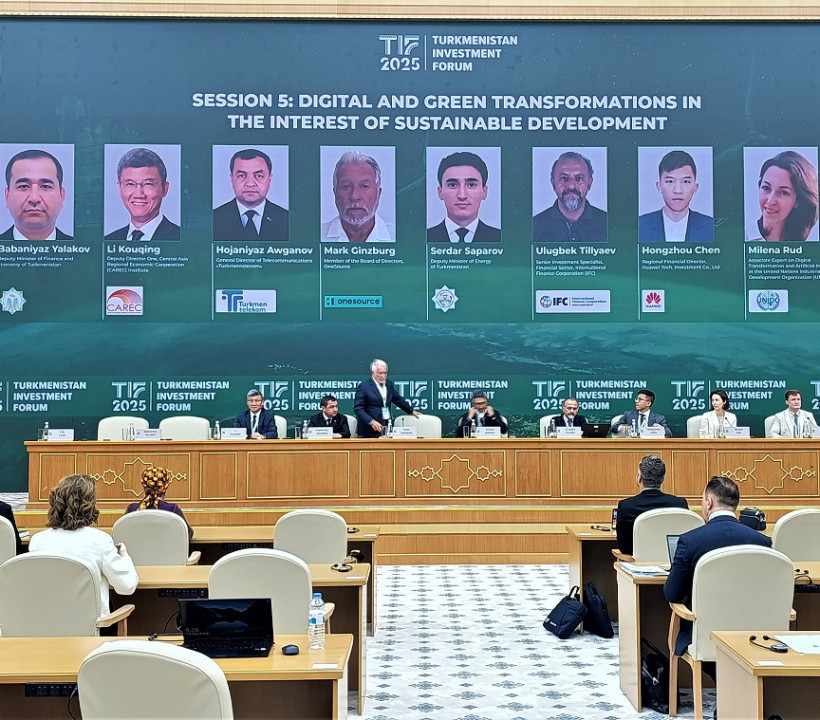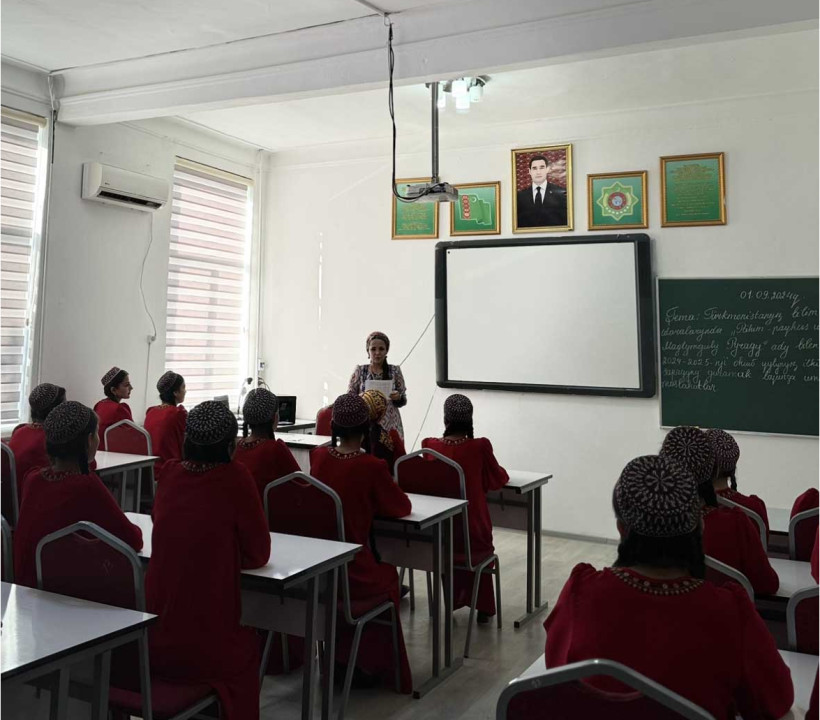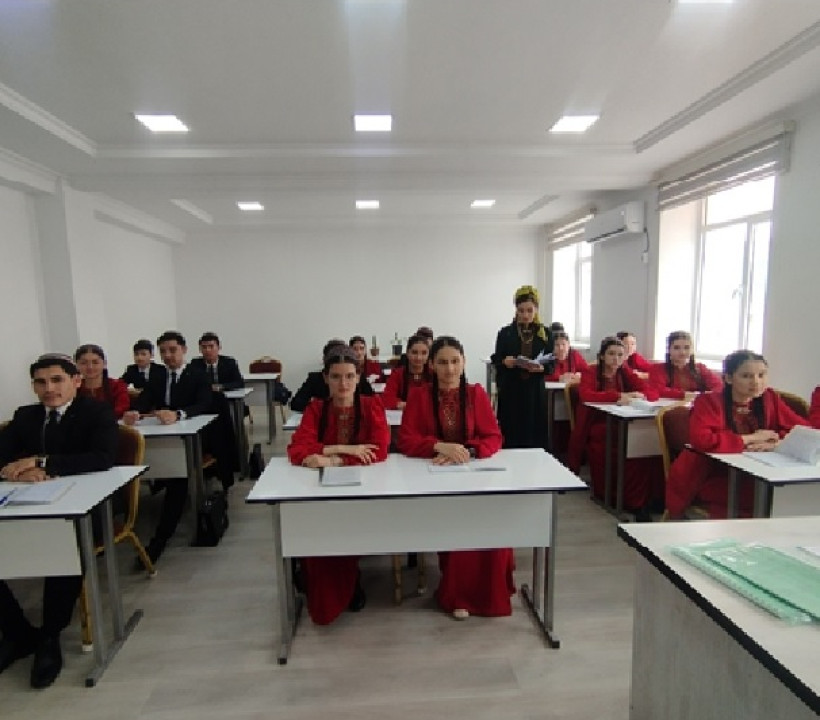Important steps towards food security
Each state determines the way, methods, and types of state support to provide its population with food, not only in the country or region, but also in the world. At the joint session of the Cabinet of Ministers of Turkmenistan and the State Security Council, which was held in the upcoming five months of this year, dedicated to the results achieved in the socio-economic development of the country, the directions that will promote the further stable development of the national economy, to further improve the food supply of the population, to create sufficient reserves of food products, This is confirmed by the issues discussed in terms of ensuring food supply in domestic markets. In January-May of this year, compared to the corresponding period of the previous year, the rate of growth of the total manufactured product was equal to 11.5 percent, which is another proof that the country has a strong economic base for strengthening food security in all aspects, in particular.
The increasing attention of countries to the issues of ensuring national food security is explained not only by the increasing demand of people for food products, but also by the increasing visibility of the influence of several factors that appear at the global level. The continuation of the financial and economic crisis in the world, as well as the global pandemic, led to a certain limitation of trade and economic relations between the countries. Such complex conditions that have arisen in the world increase the importance of ensuring the country's economic, including food, independence.
For Turkmenistan, food security is not only a condition for preserving the sovereignty and independence of the state, but it is also a condition for maintaining a sufficient level of balanced nutrition of the population, as well as food and raw materials.
It is also an important basis for supporting the economic connection of national and regional food markets, which allows for the effective development of trade relations and the strengthening of the export orientation of the agro-industrial complex.
Today, the solution to the problems of achieving food security in the country is, firstly, to support the supply of enough products for a healthy diet, and secondly, to reduce the dependence on imports, as well as to protect the interests of food producers. In this regard, the availability of food products for the population and the ability to purchase them can be listed among the important tasks of achieving food security.
As in many countries, the priorities for achieving food security in our country are mainly the development of the agricultural sector,
for this, it consists in adopting appropriate measures to support it, increase competitiveness in domestic and foreign markets, and encourage exports. Agricultural production is characterized by constant state regulation, as well as a high level of protection of national food markets.
At the expense of local production, as well as by creating favorable conditions for the life and economic work of the rural population, great work is being carried out in the Revival period of the new age of a stable state to ensure food security.
In the future, the agricultural system will not only be a life-oriented industry that provides food security and satisfies consumer needs, but also a structure capable of attracting investments necessary for the international division of labor and the further increase of production capacity. it is considered important that things are done thoughtfully. It is worth emphasizing that the non-governmental sector of the country plays an important role in ensuring food security. Today, it is a happy situation that a significant part of the agricultural food products in the country is produced by the private sector.
In order to ensure the food security of the country, the government meeting signed the relevant Decision on allocating 150 million US dollars as support to entrepreneurs, to purchase the necessary food goods, and to allocate the same amount of funds to the Ministry of Trade and Foreign Economic Relations of Turkmenistan. It is a very thoughtful step. Such a decision, adopted at the state level, on the one hand, allows the expansion of the scope of food production in business,
on the other hand, it will encourage further activation of import substitution policy.





